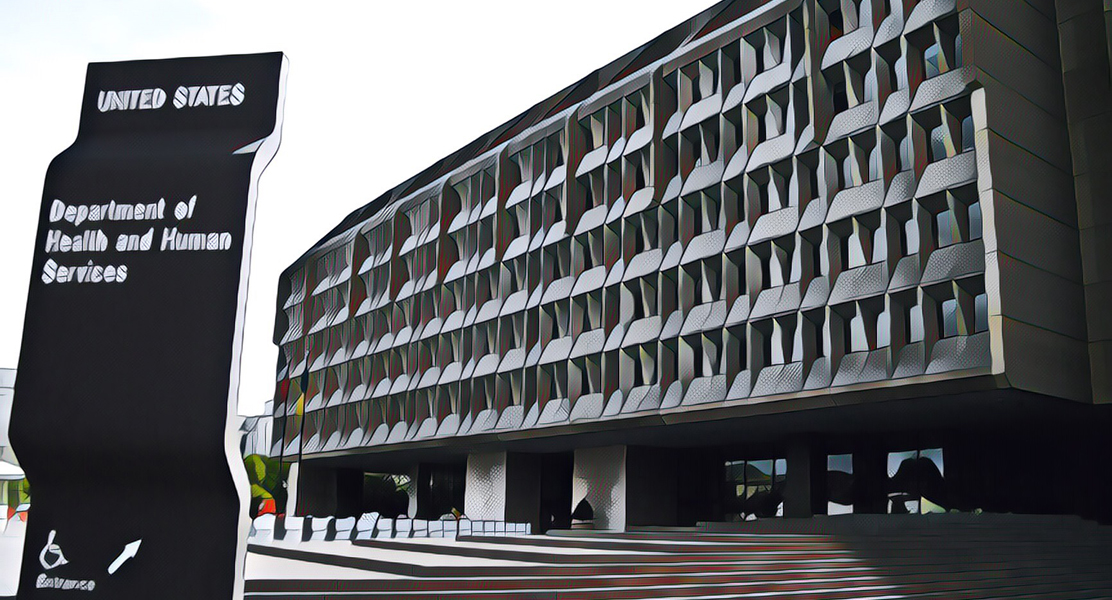New HHS rule would allow child placement discrimination based on religion

The Trump administration has proposed a new rule that would roll back protections for couples seeking to adopt or foster children. The rule eliminates a prior ban on discrimination on the basis of religion, sexual orientation, or gender identity. If it goes into effect, the change would mean that – among other things – government-funded agencies that offer child placement services could refuse to serve otherwise qualified couples based on their faith.
This HHS proposal comes on the heels of a waiver issued by the administration allowing Miracle Hill, a South Carolina agency receiving federal funds, to maintain its Christians-only rule for prospective clients seeking to care for a child. Miracle Hill denied the application, for example, of Beth Lesser to mentor foster children solely because she is Jewish.
When that waiver was issued, BJC Executive Director Amanda Tyler called it a “dramatic and troubling shift … [that] shows more concern for the providers than for the children in need and willing foster parents.” Tyler pointed out that government often partners with religious organizations to meet pressing social needs, but it must be done in a way that protects religious liberty for everyone. “Government-funded placement programs should not be allowed to exclude qualified foster parents based on religion,” she noted.
As Americans United points out, the new rule would apply not just to child placement services but to all services throughout HHS provided by federally funded faith-based organizations.
While those religious groups may be motivated by their faith and seeking to provide services consistent with their beliefs, government-funded religious discrimination is never the right answer. Taxpayers should not be forced to subsidize service providers that would refuse them because of their religion. As Religion News Service reports, the proposal “may pit religious groups against each other,” while leaving children caught in the middle.
Once it is published in the Federal Register, the rule will be subject to a 30-day public comment period. Stay tuned.




